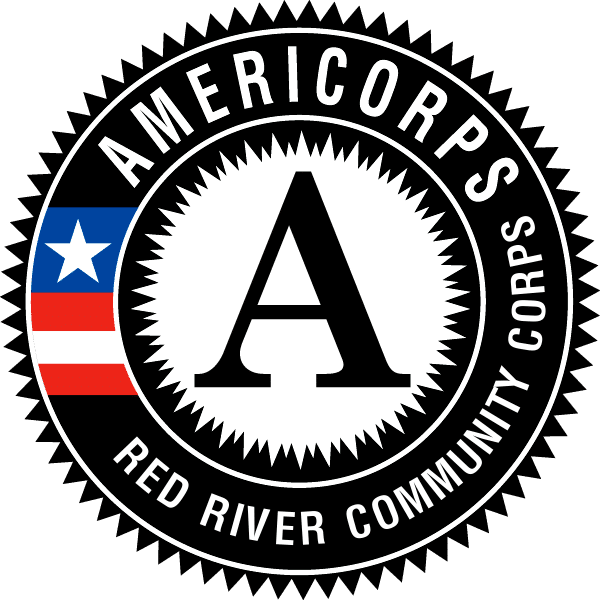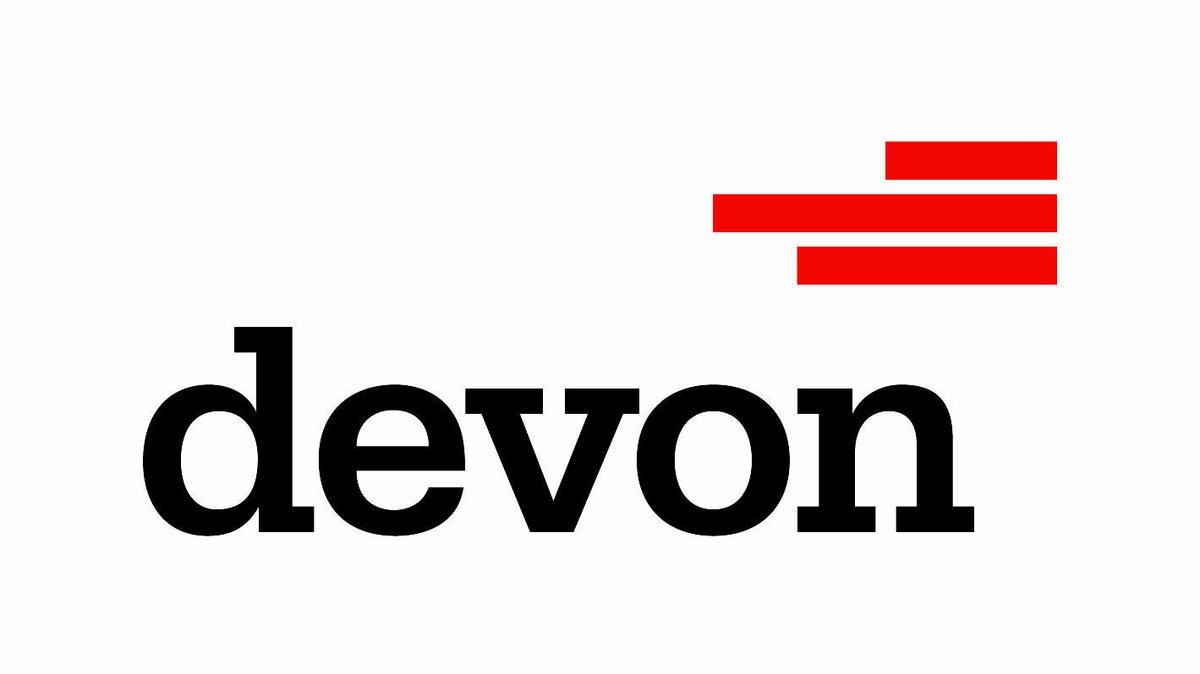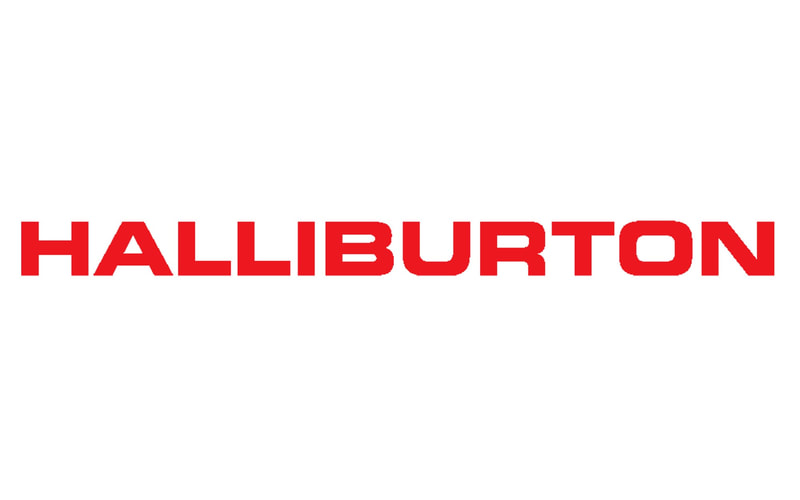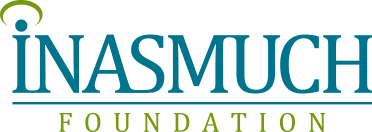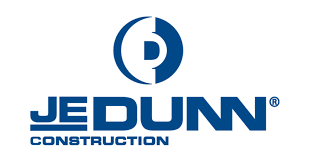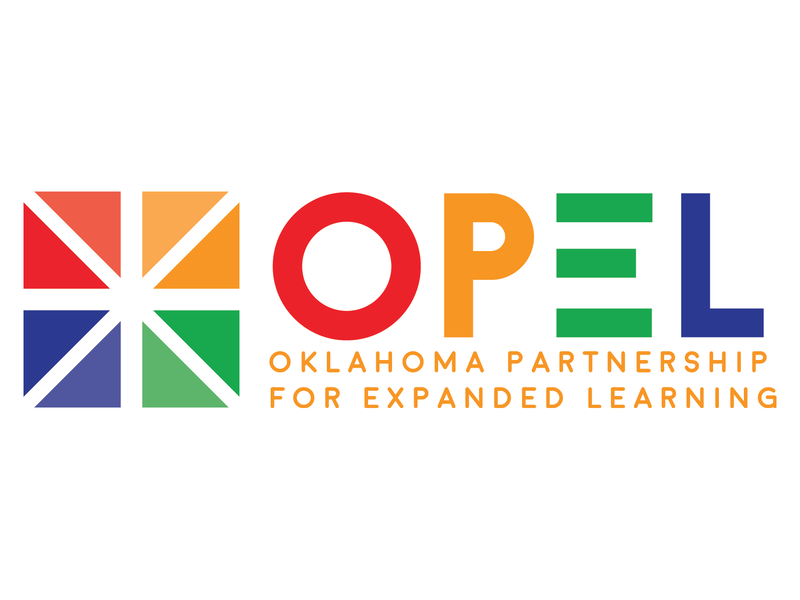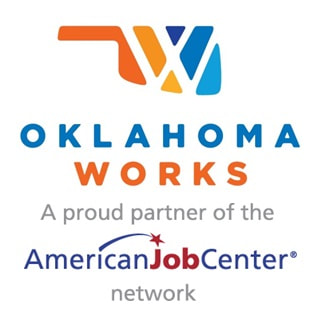The STEAM Engine's
2023 Expanded Learning & Educator Summit
About the Event
The STEAM Engine’s inaugural Expanded Learning and Educator Summit (SEELES) will bring together up to 100 stakeholders including STEAM Engine staff, community partners, and community educators in a 2-day workshop to listen to speakers working at the intersection of:
The STEAM Engine’s inaugural Expanded Learning and Educator Summit (SEELES) will bring together up to 100 stakeholders including STEAM Engine staff, community partners, and community educators in a 2-day workshop to listen to speakers working at the intersection of:
|
|
Spanning 2 days we’ll host 24 different presentations (in 2 tracks) along with 2 keynotes by experts in their fields.
The Event is $5, but limited to 100 participants. Registration includes Lunch (both days), attendance at the Mix & Mingle Reception, as well as a $100 stipend for attendance. All attendees are will be responsible for their own overnight accommodations.




